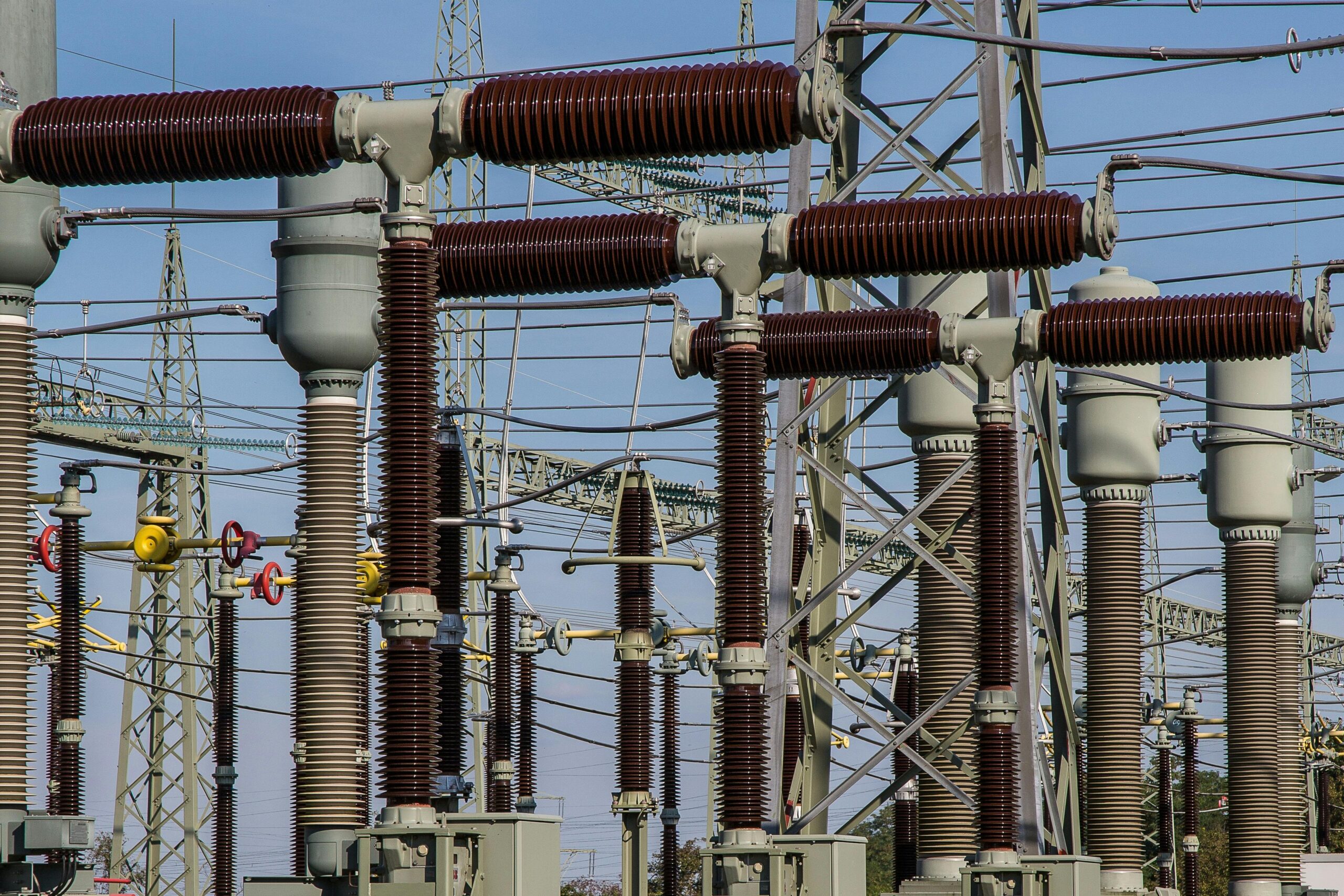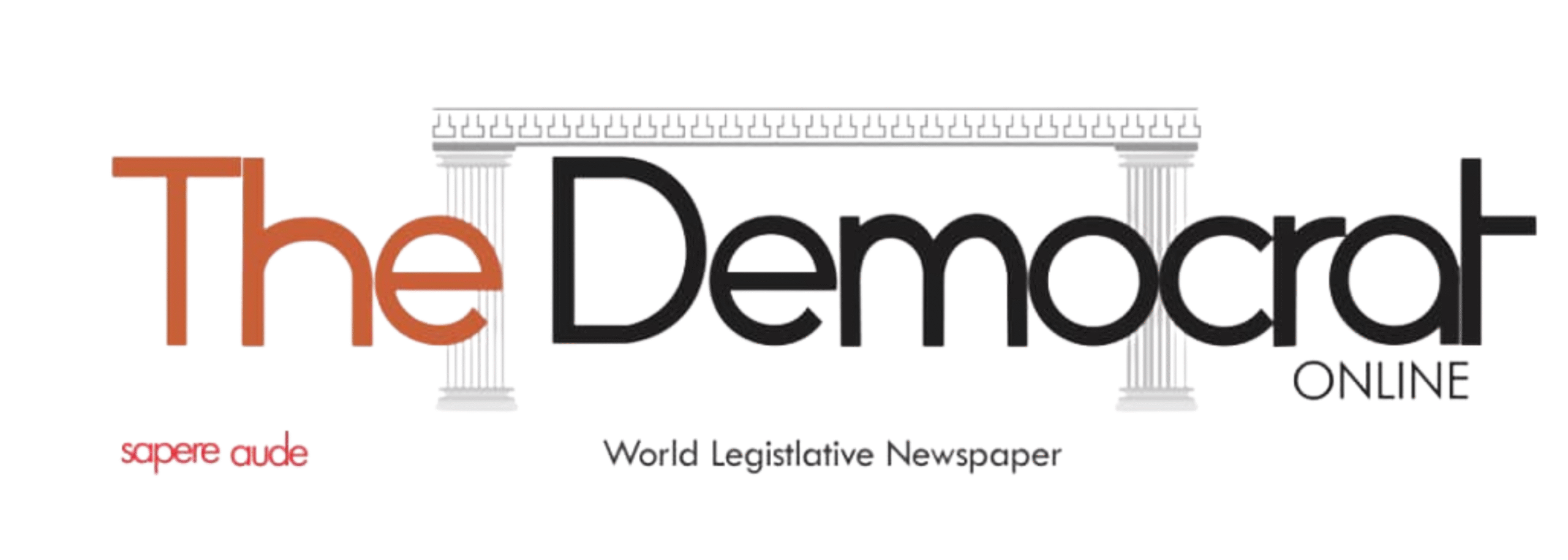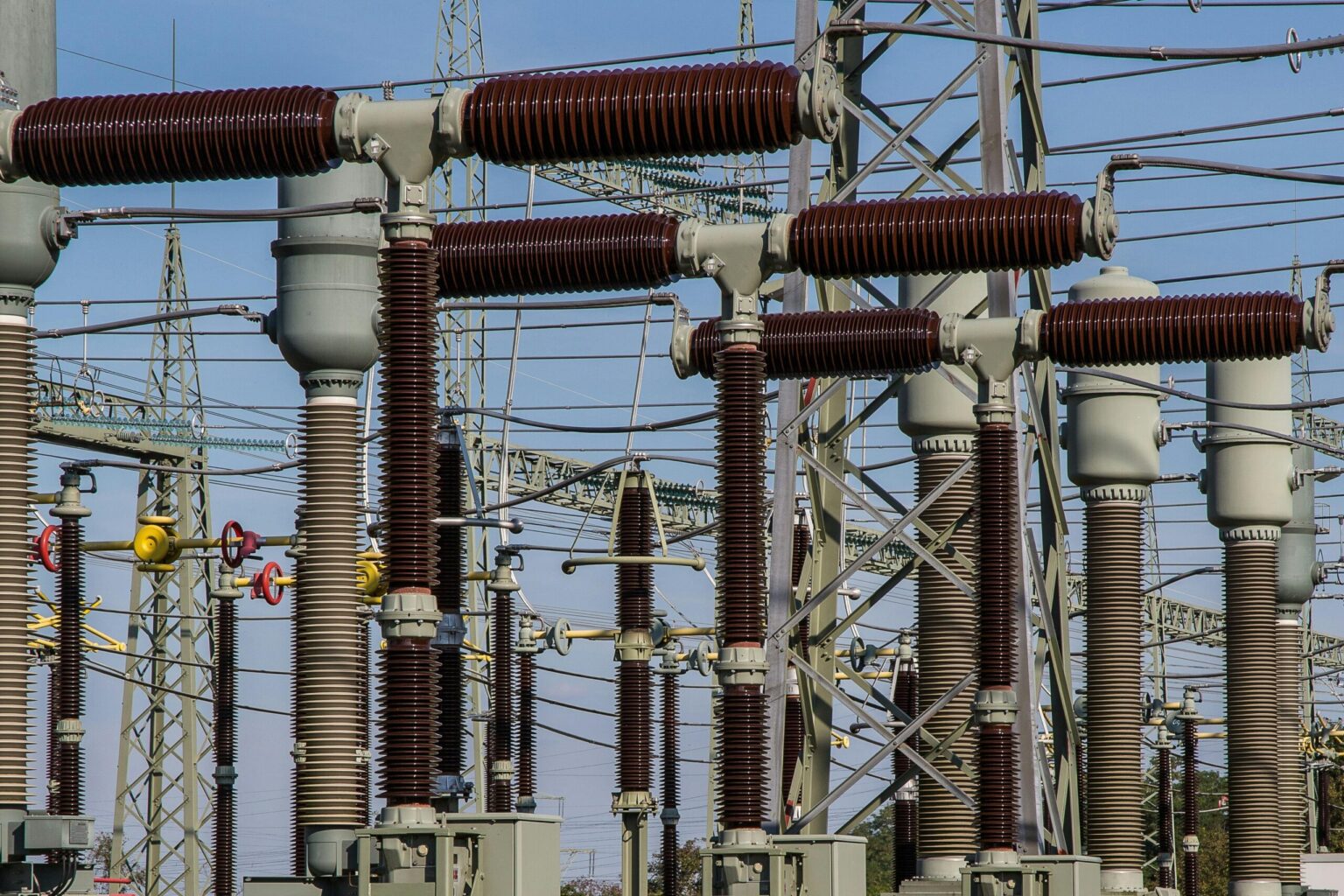
The Nigerian government, after reviewing DisCos’ performance, identified major issues in governance, commercial efficiency, and infrastructure. In response, it is launching a restructuring program starting with a pilot reform targeting two underperforming DisCos—one in the North and one in the South—between May and August 2025. Special teams will be deployed to drive improvements. DisCos have responded by expressing support for constructive, non-political reforms.Following a review of systemic issues in DisCos, including poor governance and infrastructure, Power Minister Adebayo Adelabu announced a restructuring plan after meeting with JICA, which presented a reform roadmap.
A statement from his adviser confirmed the move aims to overhaul the power distribution sector. Adelabu stressed the pilot reform is mandatory, with regulatory action planned for non-compliant DisCos.Experts will be deployed to collaborate with underperforming DisCos to improve operations. The pilot program will involve two DisCos, with outcomes used to guide reforms for others. The initiative focuses on collaboration, not government takeover, with experts helping DisCos identify issues and implement solutions. Non-compliant DisCos will be compelled to participate.A report ranked the 11 DisCos, with Ikeja, Abuja, and Eko at the top, hinting that two of the lower-ranked DisCos may be part of the pilot reform.
The new reform combines internal restructuring, external expertise, and federal oversight to improve service delivery. It focuses on strengthening leadership and integrating outside experts while addressing national and region-specific challenges. The Minister emphasized that this approach will be intentional and decisive, overcoming past resistance.Adelabu emphasized the urgency of reform, stating that the pilot phase is mandatory and regulatory authority will be used to restructure underperforming DisCos. He acknowledged past resistance but vowed to address challenges like vandalism and cultural barriers. Adelabu stressed the need for infrastructure investment, citing lack of incentives, and called for attracting investors to franchise both viable and non-viable areas.
He directed NERC to enforce compliance and secure DisCos’ cooperation.Adelabu stressed the need for public education to clarify the roles of power sector entities and build trust for reforms. JICA’s proposal, based on the Minister’s Japan visit, emphasizes a holistic approach with measurable goals. JICA’s Kikukawa noted the focus on immediate results and sustainable improvements. The power ministry and NERC will finalize pilot details, prioritizing Discos with severe issues. The initiative aims to address the power distribution crisis with a focus on accountability, investor confidence, and reliable access.
The Minister highlighted the lack of investment in DisCos as a barrier to achieving government goals. Stakeholders raised concerns about the failure to review DisCos’ licenses since 2013. DisCos, through Sunday Oduntan, expressed support for any policy that improves the sector but distanced themselves from power sector politics, focusing on progress and better electricity distribution.




